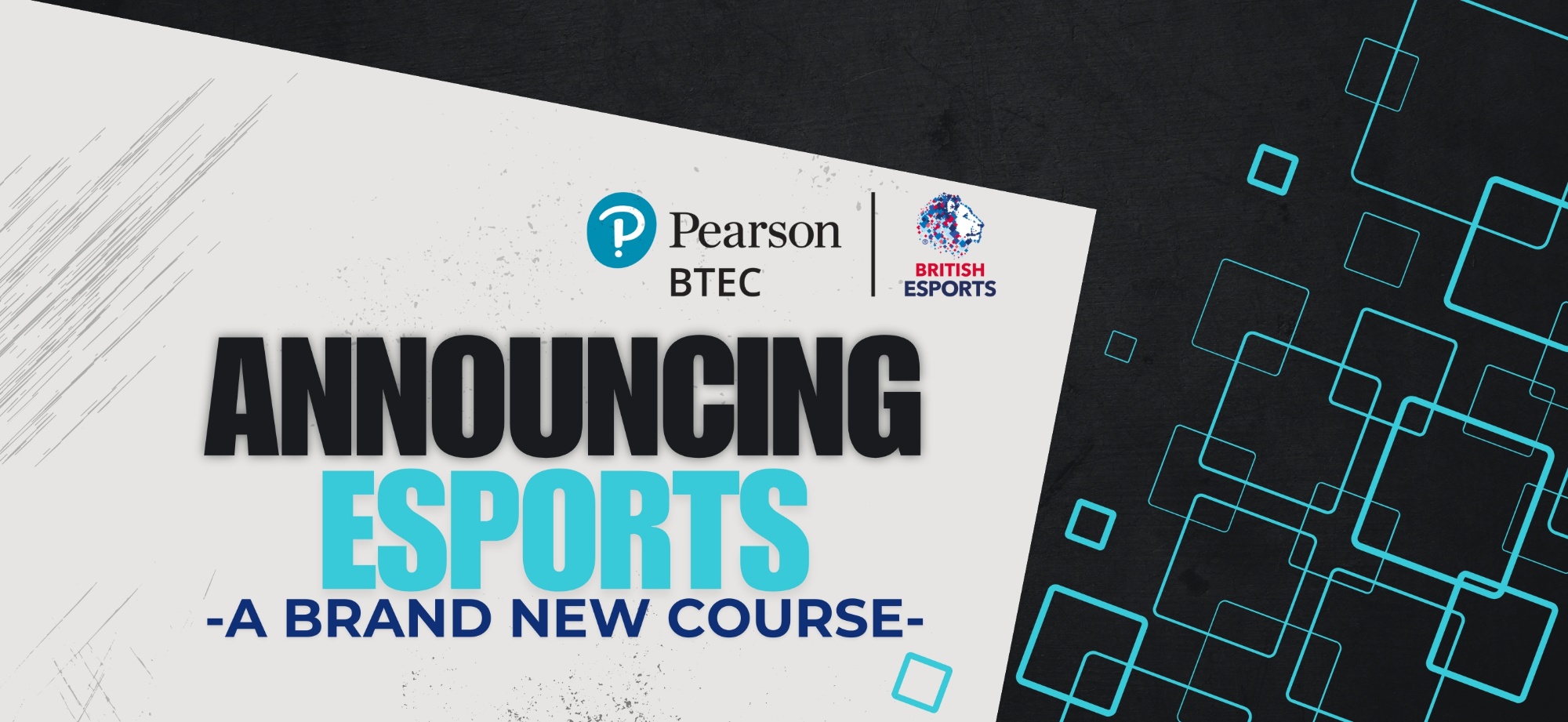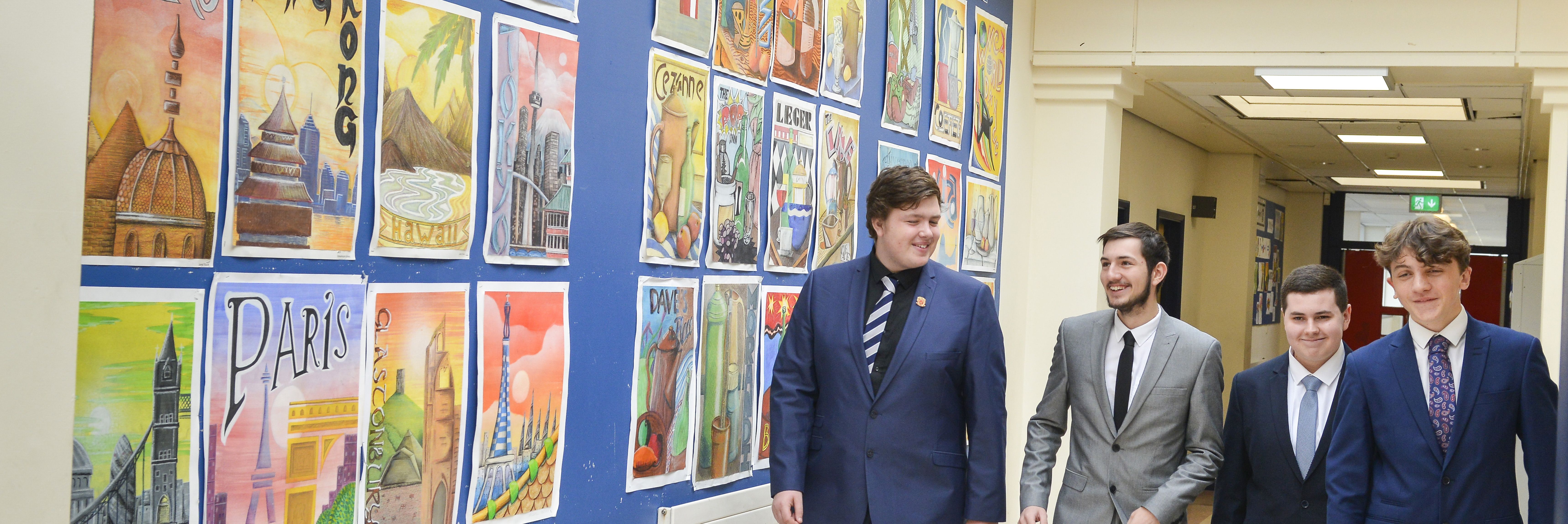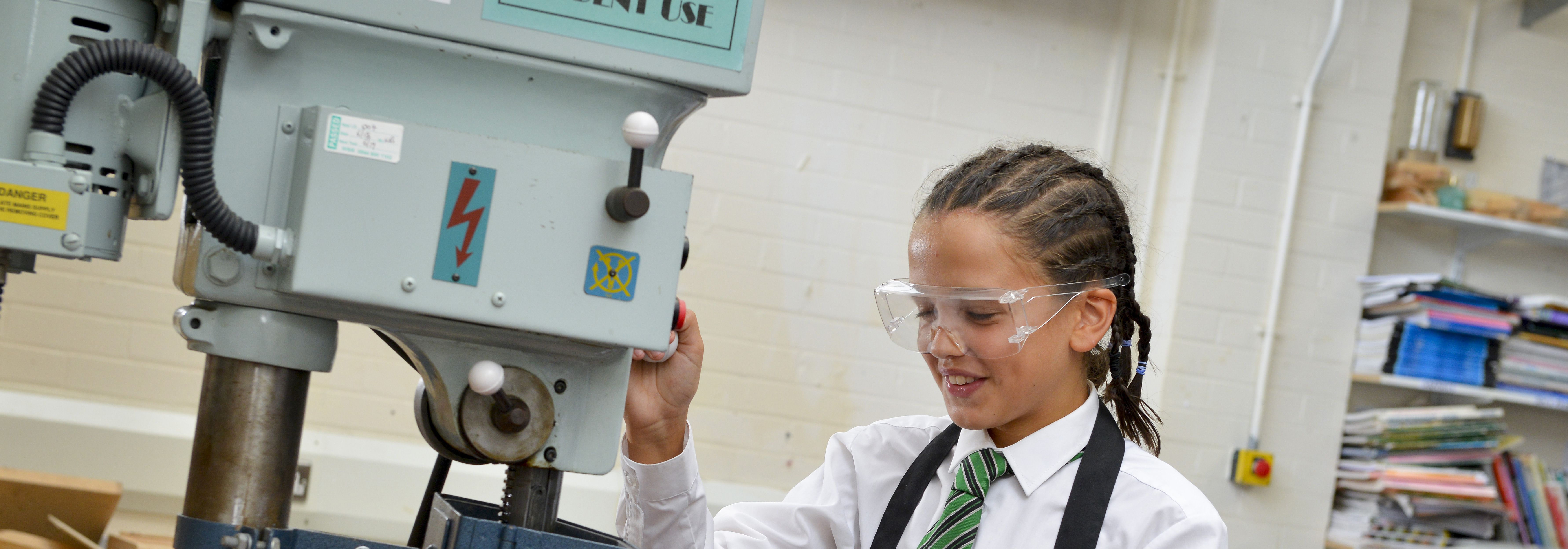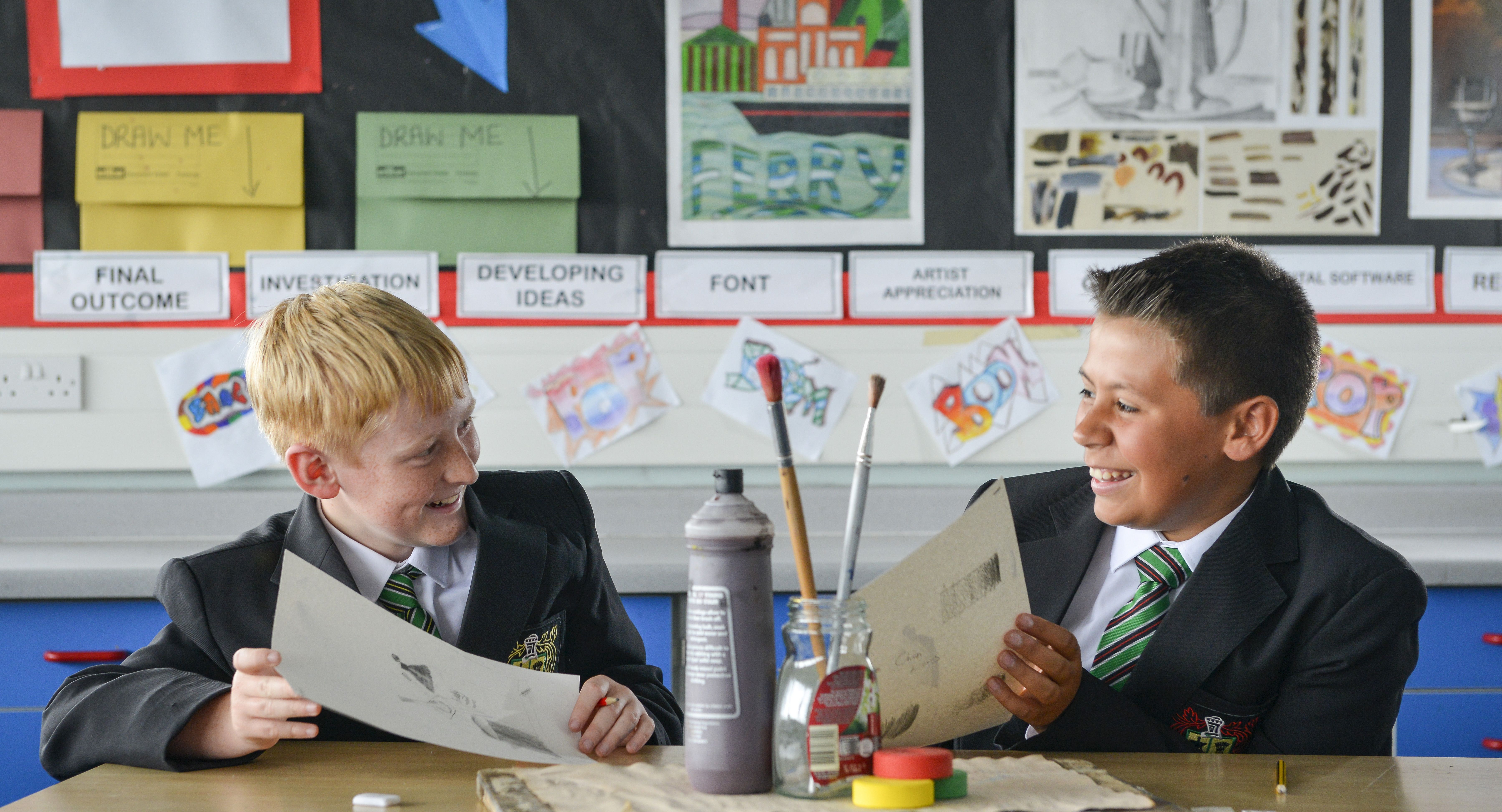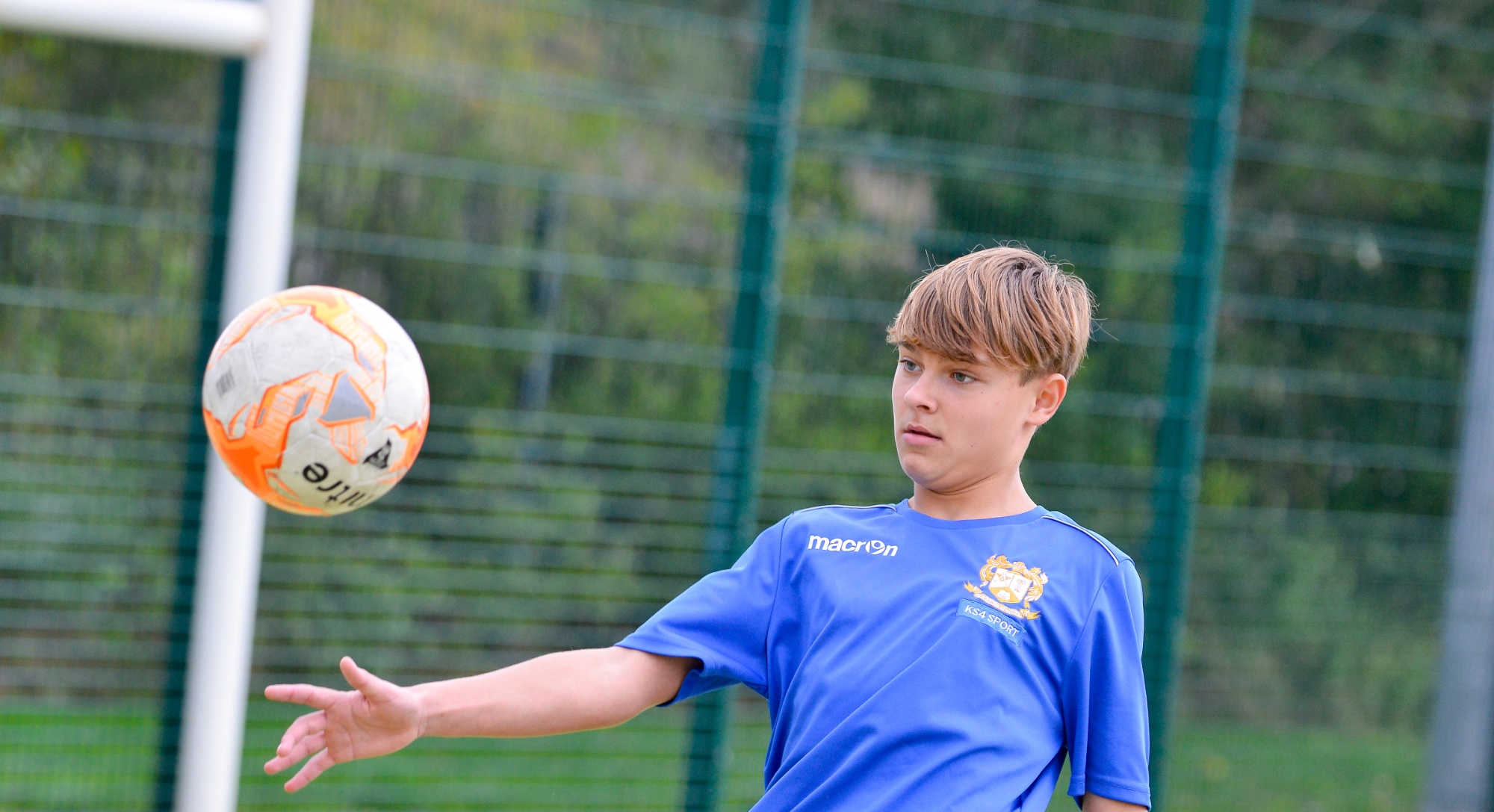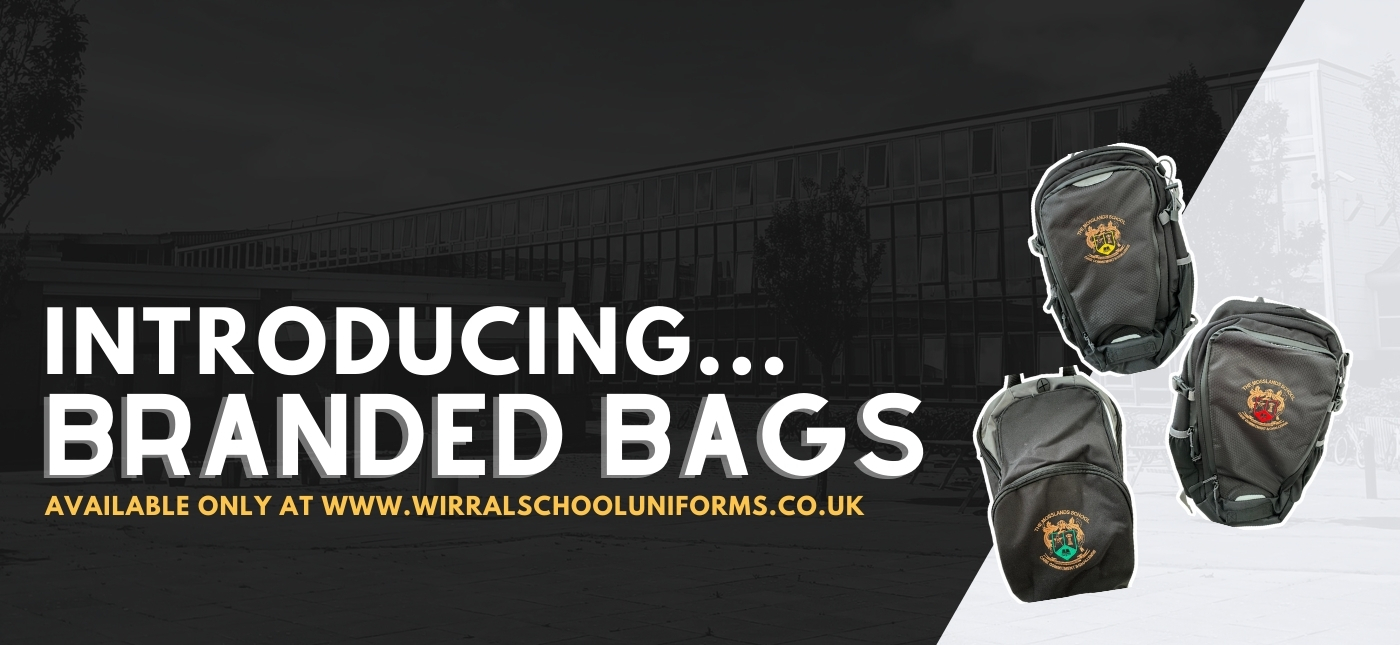The Knowledge and Skills overviews show the specific historical content students will learn in each unit of study throughout the year. These documents outline both the substantive knowledge (historical events, periods, and concepts) and the disciplinary skills (source analysis, causal reasoning, and historical interpretation) that students will develop. Each unit is broken down to clearly identify what students need to know and what they should be able to do upon completion. Through the systematic development of both knowledge and skills, students build historical awareness, analytical capabilities, and a deeper understanding of the past and its relevance to the present.
Select a unit to find out more...
What informed Ken Hughes' interpretation of Oliver Cromwell?
| Unit Progress Criteria |
| Substantive Knowledge |
Disciplinary Knowledge |
- Steps that led to Civil War
- Equipment, tactics and use of soldiers in the Civil War
- Organisation, motivation, etc of the New Model Army
- Overview of tactical decisions at Naseby
- Outline of the trial of Charles I
- The Levellers’ demands and Cromwell’s response
- Events at Drogheda
- Aspects of Cromwell’s rule over England, e.g. ‘banning Christmas’
|
- Choices that went into Hughes’ interpretation of the trial scene.
- Historical accuracy of the scene based on own knowledge
- Suggested reasons for Hughes’ lack of emphasis on the scene
- The diverse factors that motivated Ken Hughes to make a movie about Cromwell – from profit to historical interest.
- Using substantive knowledge to make judgements about the historical accuracy of the movie
- The choices made in the content and emphasis of the movies’ scenes – and what was not included in the movie
- Why others might agree or disagree with Hughes’ choices
|
How similar were medieval Europe and West Africa?
| Unit Progress Criteria |
| Substantive Knowledge |
Disciplinary Knowledge |
- Abundance of gold wealth in W. Africa
- Contact with Islam – rise of Muslim scholarship
- Growing population and cities such as Timbuktu and Gao
- Mansa Musa’s wealth and pilgrimage to Mecca
- Key features of Musa’s Mali – Sankara Mosque, powerful army, etc
- Key features of Songhai, Benin and Kongo – gov’t, military, trade, contact with Europe, religion, education, literature
- Review – broad overview of medieval Europe
|
- Causation – growth of cities due to population growth, wealth from trade and ease of trade with N. Africa
- Similarity and difference in different aspects
- The idea of nuance and avoiding generalisations – that not all W. African kingdoms were the same (just as not all European states were the same)
- Similarity and difference – bronze statue of Africa warrior compared to European knight)
- Comparing medieval Europe (from Y7) with W. Africa
- Using historical language to describe similarity / difference
- Introducing some nuance – e.g. religious differences within regions
|
How did Liverpool profit from the transatlantic slave trade?
| Unit Progress Criteria |
| Substantive Knowledge |
Disciplinary Knowledge |
- Preparations for a voyage of a slave ship
- Trade with West African rulers; trade goods
- Conditions on board ships on middle passage
- Work done on a sugar plantation
- Conditions on a Caribbean plantation
- Return to Liverpool from the Americas
- The Essex as an example of all of the above
|
- Merchants outfitting slave voyages
- Mitgating risk through shared investment
- How trade in West Africa brought profits
- Reasons for conditions on the middle passage
- Profits to be made in the Americas
- Profits to be made on the return journey
- Risks for the crew and the owners
- Discussion of various groups benefitted from the trade – used to evaluate George Cook’s claim about Liverpool
|
Why did the East India Company take over India?
| Unit Progress Criteria |
| Substantive Knowledge |
Disciplinary Knowledge |
- Foundation of company – origins of the spice trade
- Conflict with the Holland; change in focus to India
- Reasons for the collapse of the Mughal Empire
- Conflict between EIC and Mughals
- Siraj ud Daulah and the EIC
- Battle of Plassey
- Consequences of Plassey for India and the EIC
|
- Initial focus on trade
- Unsuccessful military ventures due to Mughal might
- Use of Sepoys against Mughals and French
- Reasons for victory at Plassey
- Discussion of the ‘accidental empire’ theory
|
Did the abolition of the slave trade change anything on Jamaica?
| Unit Progress Criteria |
| Substantive Knowledge |
Disciplinary Knowledge |
- Causes and events of Tacky’s Revolt
- Factors in the abolition of the slave trade
- Causes and events of the Baptist War
- Abolition of Slavery and apprenticeship on Jamaica
- Morant Bay revolt
|
- Hochschild’s acknowledgement the 1807 act changed nothing for those already enslaved
- Eric Williams’ claim (“the black man … remains today the slave of sugar”)
- Change and continuity on Jamaica between 1760 and 1865
|
How did cotton build "a world unlike any other"?
| Unit Progress Criteria |
| Substantive Knowledge |
Disciplinary Knowledge |
- How cotton was manufactured by hand prior to the industrial revolution
- Arkwright’s water frame and origins of mills
- Invention and spread of the steam engine
- Living conditions in Manchester
- Peter Sanderson’s migration to Manchester
- US Civil War and blockade of southern ports
- Lancashire Cotton Famine
- Impact of US Civil War on cotton industry worldwide – Beckert’s ‘Empire of Cotton’
|
- Transformation of manufacturing through water-powered machines
- Impact of the steam engine on cotton manufacturing
- Impact of steam locomotive on Britain
- Growth of industrial cities
- Migration to Manchester - push and pull factors
- Explanation of 19th century globalisation using examples of impact of US Civil War
|
How democratic was Britain by 1900?
| Unit Progress Criteria |
| Substantive Knowledge |
Disciplinary Knowledge |
- Voting and democracy pre-1832 – rotten boroughs, public ballot, etc
- Peterloo and the Chartists
- 1832 Reform Act
- Subsequent reform acts and the improvements they made
|
- Inherent problems with British democracy pre-1832
- Improvements made by reform acts
- Judgement about how much had been fixed and how many problems remained by 1900
|



